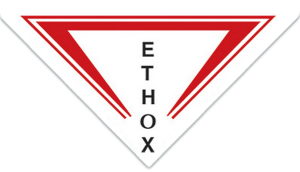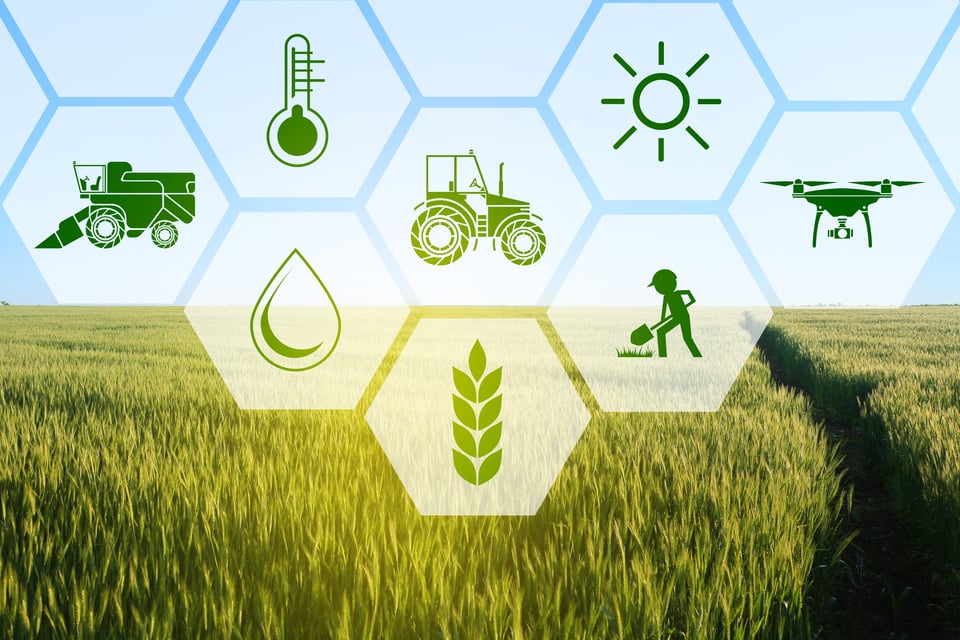Ethox Chemicals is a proud member of SOCMA, which is the only U.S.-based trade association representing the specialty manufacturing sector. Recently, SOCMA interviewed our President, Chuck Hinton, on his thoughts of the challenges in the agricultural market and trends.
Chuck began his career in the chemical industry in 1973 at Celanese/FII as an R&D chemist. He joined Ethox in 1975, where he worked in technical sales. After 15 years, Chuck became Vice President and in 2008 he took the reigns as President. He has been active in SOCMA since 1989 and served on the Board of Governors from 2008-2015. He received his bachelor’s degree in chemistry from West Georgia College in 1969 and his Ph.D. in chemistry from Clemson University in 1973.
When did you become a part of the specialty chemical industry and why?
When I finished graduate school, I worked for Celanese/FII for about three years and then became involved in Ethox in 1975. I like the smaller company atmosphere as opposed to the larger one, and it has allowed me to delve into many different areas of the specialty chemical industry as opposed to focusing on just a few.
What is driving the market in the agricultural sector?
In taking a holistic view of the market over the last several years, there has been a tremendous amount of consolidation in the agriculture market. In the crop protection segment, the “Big 6” are now the “Big 4”. The distribution channel has seen a lot of consolidation, and even at the grower level, large, corporate farms are much more prevalent. As a result, specialty chemical manufacturers involved in the agricultural sector have to be innovative, flexible, and responsive to client needs. As we have seen in the last few years, those needs can change at a moment’s notice based on an ever-evolving regulatory environment and end-consumer-driven pressure to provide environmentally friendly solutions to crop protection and production challenges.
What are some of the key challenges facing the agriculture market and how is your company handling those challenges?
The key challenge in the agriculture market is how to feed a growing population with the same or fewer acres and do it in a sustainable way. Another variable to that challenge is the emergence of the bioenergy sector and the pressure to reduce fossil fuel consumption. Combine the food versus fuel challenge with the need to have a more efficient use of water and renewable resources, and we all have a large task ahead of us. By most accounts, the world population in 2018 was approximately 7.2 billion with a projected population of 9.6 billion by 2050. This increase will be attributed to large population growth in developing countries and increased life expectancies in the world as a whole. In order to meet the growing demand for food in that timeframe, most experts agree that the number of acres farmed will need to increase, yield per acre will need to increase, or a combination thereof. We are doing our best to partner with established forward-thinking companies in each segment of the market to use our surfactant technology to drive innovation and improve efficient use of water, herbicides, and fertilizers. In any given year, the United States and Brazil are the two largest agriculture markets in the world, and we feel like we are uniquely positioned to help with those challenges.
We understand the agricultural side of your business has seen significant growth. Are tolling partnerships particularly advantageous in the agricultural chemical arena? If so, why?
We’ve been very fortunate to have experienced better than expected growth in the agricultural segment over the last few years. Based on the factors above and market dynamics in general, we have every reason to be cautiously optimistic about robust growth in the foreseeable future. With consolidation occurring at every level of the supply chain, tolling partnerships are more important and critical that ever before. Short lead times and a constantly changing regulatory landscape make it imperative for successful companies to partner with toll manufacturers that have economies of scale and expertise in a given field. As a company, we have to make sure we maintain focus and try not to be all things to all people, but rather focus on our core competencies and apply those to the challenges we face.
What is a key trend to keep an eye on and how do you see it impacting the industry?
I think one of the really exciting trends to keep an eye on in the agriculture industry is the evolution of information technology, precision agriculture, and data management. A number of major players have made large investments in these platforms, and it is a constantly evolving pursuit. When a company or groups of companies refine the use of those technologies in each segment of the agriculture market (from planting and crop inputs to harvesting and marketing crops), the results will be astounding.
http://www.socma.com/Portals/0/Files/Media/SOCMA_Member_Spotlight_Agriculture_Fall_2018.pdf
Upcoming Tradeshows:





